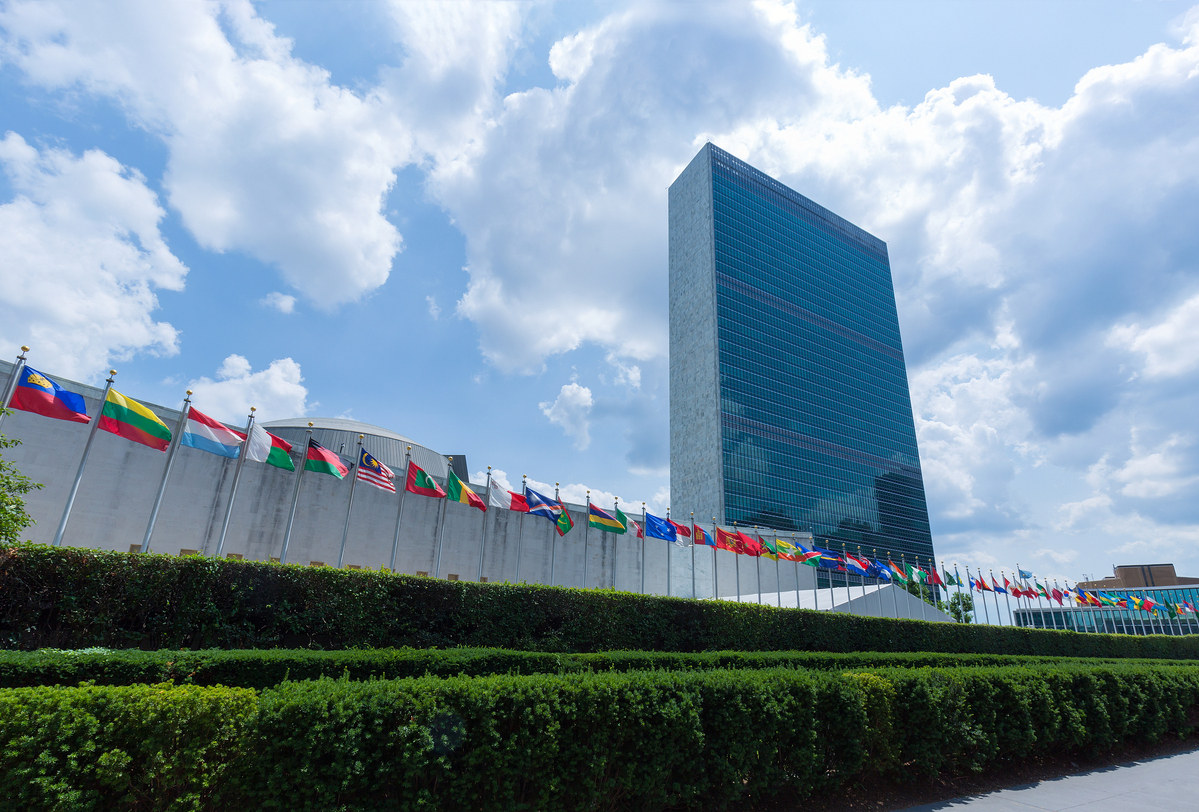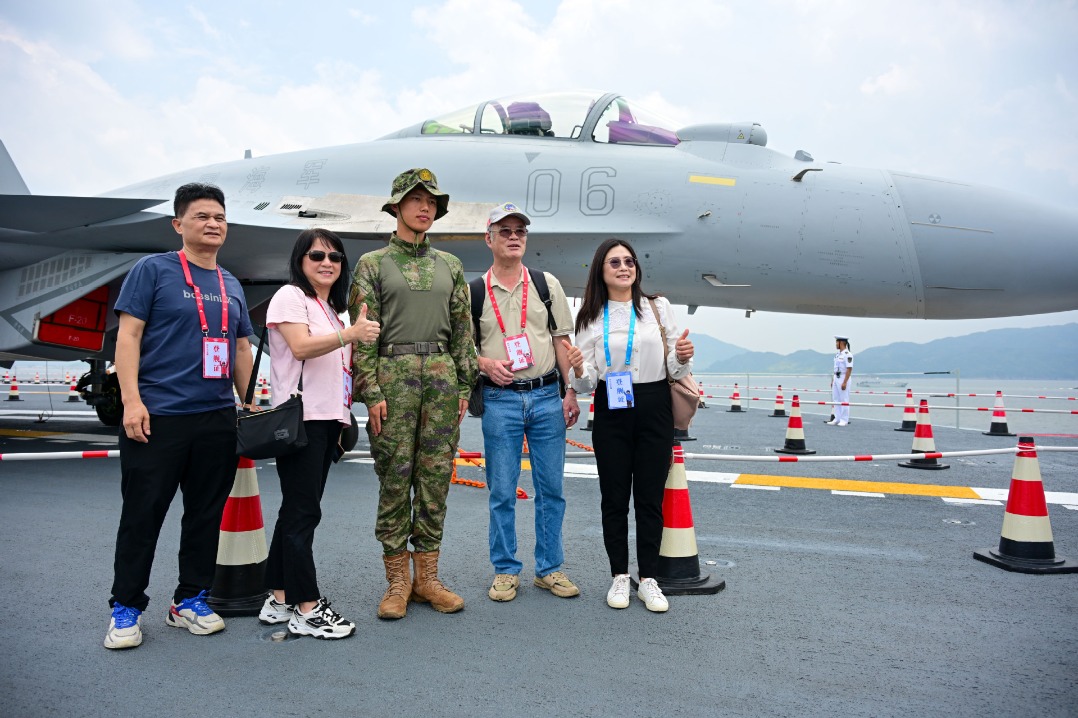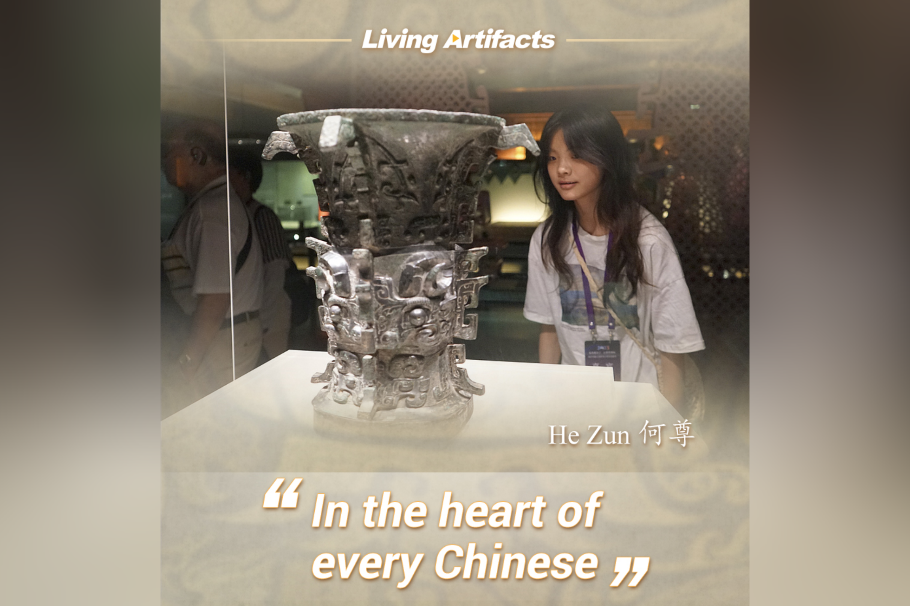Consensus on reform to strengthen UN
China Daily | Updated: 2024-10-09 08:02

Editor's Note: The following are excerpts from the remarks made by Chinese Ambassador Fu Cong at the United Nations General Assembly Plenary Meeting on the Implementation of the Outcomes of the Major UN Conferences and Summits and the Strengthening and Reform of the UN System on Monday:
Through arduous efforts, the Summit of the Future adopted the Pact for the Future, sending a clear political signal for the strengthening of unity and cooperation to improve global governance and pointing the direction for our efforts to meet global challenges.
We call on developed countries to use the implementation of the Pact as an opportunity to effectively shoulder their historical responsibilities, such as development assistance and climate financing, take concrete actions, and provide financing support to truly help developing countries overcome practical difficulties
The Pact for the Future clarifies the direction for the reform of the international financial architecture. Member states should build on this and continue to forge consensus and synergies to enhance steadily the role of the UN in global economic governance. Concrete steps should be taken to reform the multilateral financial institutions such as the International Monetary Fund and the World Bank. The representation, voice and decision-making power of the Global South should be broadly enhanced, and more sufficient, timely, effective and sustainable financing support should be provided to developing countries.
The global governance of emerging technologies has attracted much attention from all sides. It does not serve the common interests of mankind if the governance of the related fields is monopolized by a small circle or small bloc. The Pact for the Future and the Global Digital Compact as its annex have sent a clear political signal on the governance of artificial intelligence. We must uphold and maintain the leading role of the UN in international AI governance and use a comprehensive, balanced, fair and for-all approach to promote the development of universally recognized international rules and standards and the establishment of a governance mechanism in which all countries can participate and benefit equally.
Faced with geopolitical conflicts occurring one after another, the international community expects more and better from the Security Council. Reasonable reform of the Security Council is necessary. The key is to ensure the right direction, to truly enhance the representation and voice of the vast developing countries, including African countries, and allow more small and medium-sized countries with independent foreign policies to participate in the decision-making of the Security Council. The Security Council must not be allowed to become a club of the rich and the big, much less an arena for geopolitical confrontation and bloc politics. We must maintain the Intergovernmental Negotiations of the General Assembly as the main channel for reform of the Security Council, advance relevant discussions based on consensus, and ensure that all countries can participate in and benefit from the process.
























